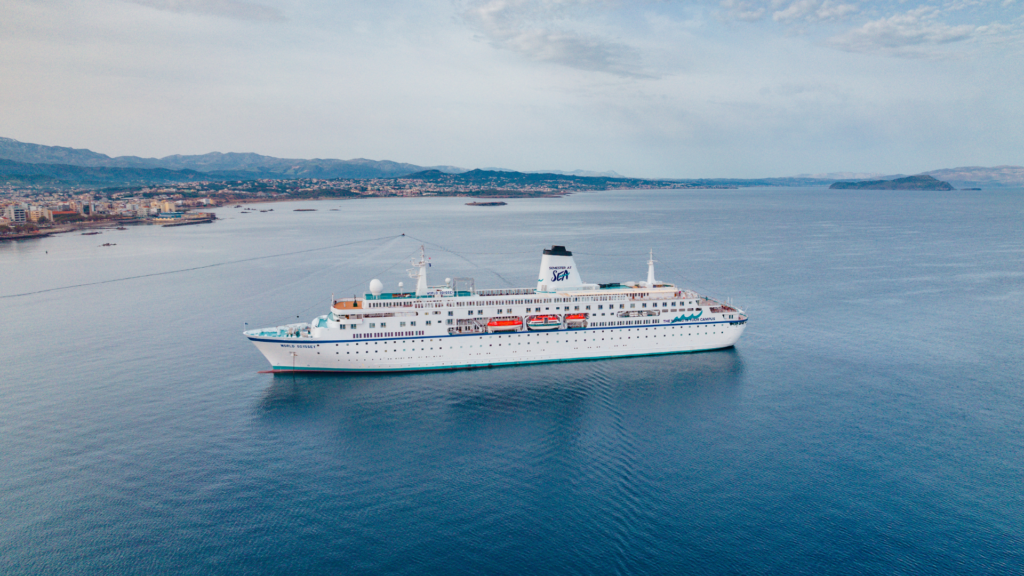
Can Greece pay its debt? This question has been asked and speculated on for some time now, making international headlines most recently as the country took its third bailout from the European Union this summer. As the Fall 2015 voyagers disembarked in the capitol city of Athens, it was a question especially forefront in the minds of students in Dr. Gayle Allard’s Macroeconomics course.
Those students were able to dive a little deeper into this international debate with a field lab that included a guided tour of the Museum of the Bank of Greece and a personal reception on financial issues by Mr. George Stubos, Economic Advisor A, at the Bank of Greece.
“These students were able to meet with a high official who gave them last night’s forecasts from the government and answered questions directly on their level. It was a super luxury. They had a chance to talk to the government and see what they’re working on and that there was hope in the situation. To see that there’s a way out. That was amazing. I think a lot of people reading the financial times don’t have access to what we had access to.” Dr. Allard said.
Mr. Stubos presented the government’s position on the severe recession beginning with the Eurozone crisis in 2008, and concluded with the latest economic forecasts for the coming year. Mr. Stubos ended the lecture with a quote by Karl Marx, “The old is dying. The new is not yet born.”
Students then engaged Mr. Stubos with questions about the current harsh austerity measures in place and Greece’s chances of recovery. One student asked, “Are we just heading toward another crisis? If so, can the Euro survive?” to which Mr. Stubos answered, “Most likely this is not the end. We must establish new fiscal transfers, similar to systems already in place in the United States and Canada, as temporary measures for struggling countries. We must adapt, or we cannot continue.”
Allard says in country learning through field labs is essential to her course. “It completely takes things out of the abstract and into reality. In economics we’re looking at graphs, we’re looking at data; it can mean nothing until you get into a situation where you actually see that people’s incomes are suffering, that companies are no longer taking credit cards, they’re taking cash so that they can put things under the table, and seeing the refugees coming in the port. The reality transforms the topic completely.
“The opportunity for tourism is wonderful, but to actually have someone open the doors for you, to really learn close up and personal in the place where things are happening, that’s a rare privilege that you can only get with Semester at Sea.”


